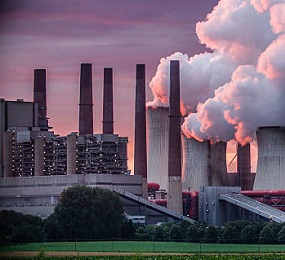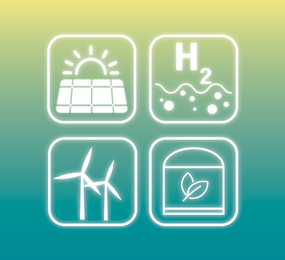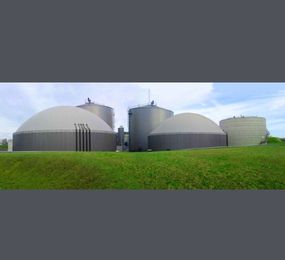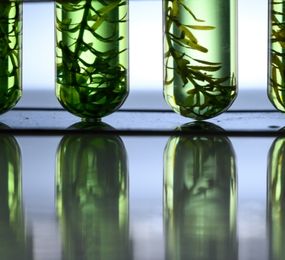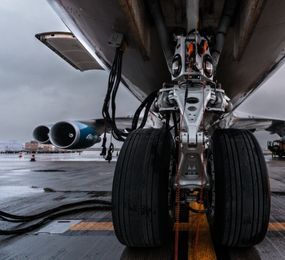Biogas is a green, recyclable, and renewable energy source that can be utilized directly as fuel. Diverse areas of study on biogas production methods have significantly advanced due to the rapid development of technology and the construction of numerous facilities, particularly in Europe.
Waste serves as the raw material for the manufacture of biogas, including crop and forest residues, animal wastes, solid urban waste, wastewater, and waste from the agro-food sector. The creation of biogas or biomethane provides a window into a world where resources are continuously repurposed by turning organic waste into a renewable energy source. a world where it is possible to meet the rising demand for energy services while also providing broader environmental advantages. These wastes, along with pretreatment and treatment technologies that improve their usage in biogas plants from an economic and administrative standpoint, are a significant contributor to the sector's growth and its inclusion in the green economy.
Therefore, improving by-products will give the renewable energy sector the push it needs to become even more competitive and sustainable without reducing the supply of agricultural goods on the food market and by removing one of the main taboos that has always in some way constrained the growth of biogas in Europe: the use of dedicated energy crops.
Since biomethane is indistinguishable from the standard natural gas stream, it can be delivered and utilized anywhere gas is used without increasing emissions. It is created by "upgrading" biogas or by gasifying solid biomass. Rapid biomethane growth enables nations to cut emissions in some difficult-to-reduce industries, like heavy manufacturing and freight transportation. Additionally, it helps to improve the cost-effectiveness and security of energy transitions in many regions of the world by making certain current gas infrastructure more compatible with a low-emission future.
To unlock the potential for biogas and biomethane, multiple fuels and technologies will be needed to speed up energy transitions, and low-carbon gasses—led by biomethane and low-carbon hydrogen—have crucial roles to play.
Even while electricity's 20% share of worldwide final consumption is rising, the increased demand for energy services means that electricity cannot handle energy transitions on its own. In the time frame of the World Energy Outlook (WEO) Scenarios, biomethane is the main source of low-carbon gas supply. Depending on the sectoral focus, feedstock availability, current market conditions, and policy priorities, different countries will experience different developments in the biogas and biomethane sectors. Realizing the numerous advantages of biogas and biomethane, however, necessitates coordinated policy-making in the areas of energy, transport, agriculture, environment, and waste management.
At the Advanced Biofuels Forum, Torsten Fischer will be speaking on: • An overview about types of biogas plants, • The technical challenges and deficiencies from expert witness experiences. Torsten is a Managing Director, at Krieg & Fischer Ingenieure GmbH and he’d be joined by other experts and stakeholders in discussions that could shape the future of the advanced biofuels market.
Join us so you don't feel left out in the industry!
Event Name: Advanced Biofuel Forum
Event Date: 30th November - 2nd December 2022
To register or learn more about the Forum please check here: https://bit.ly/3RbbmPT
For more information and group participation, contact us: [email protected]


